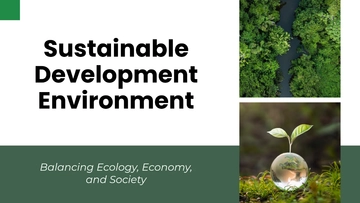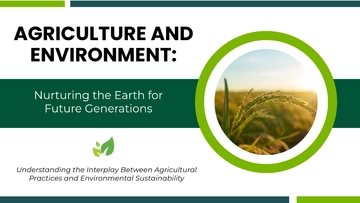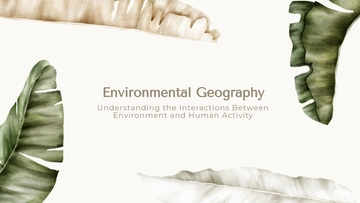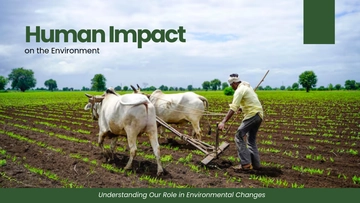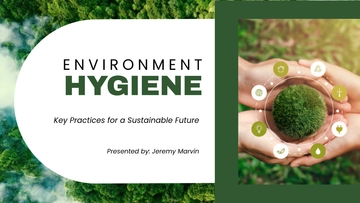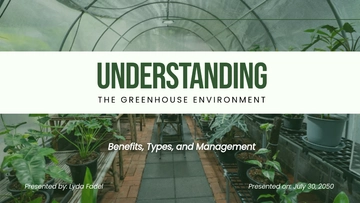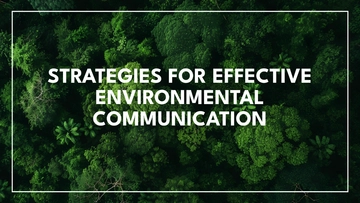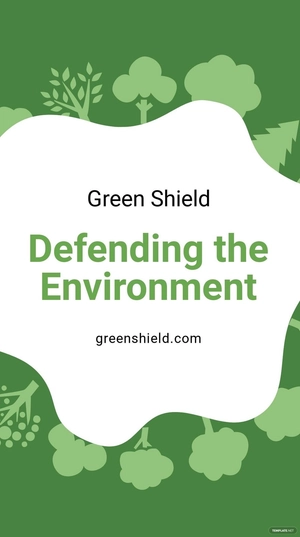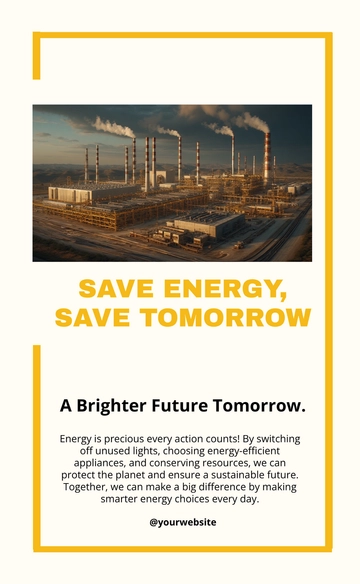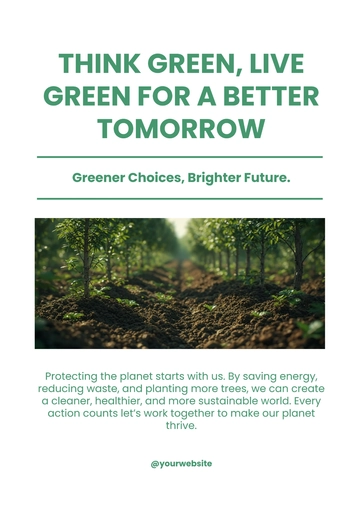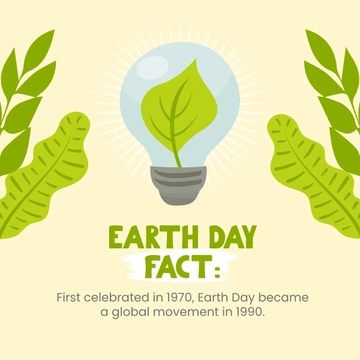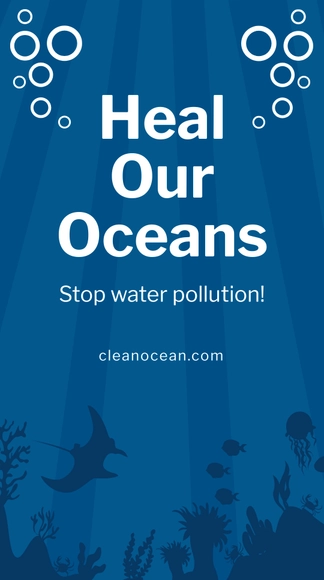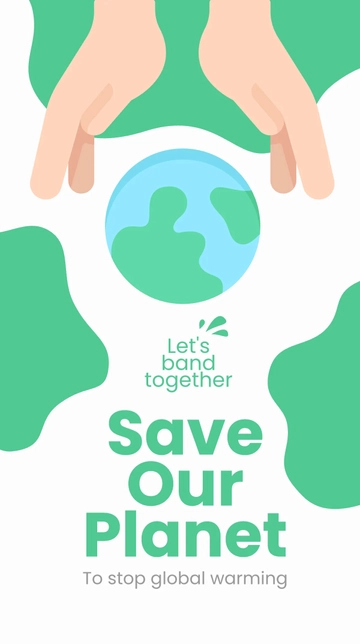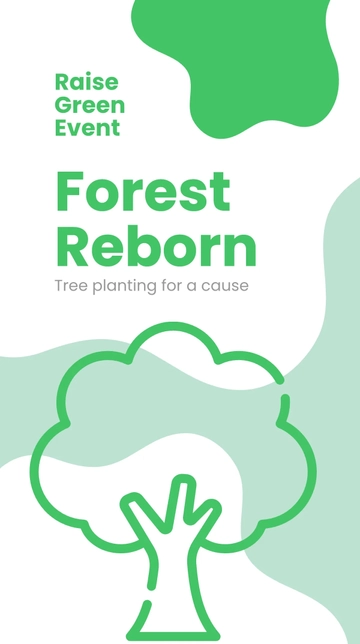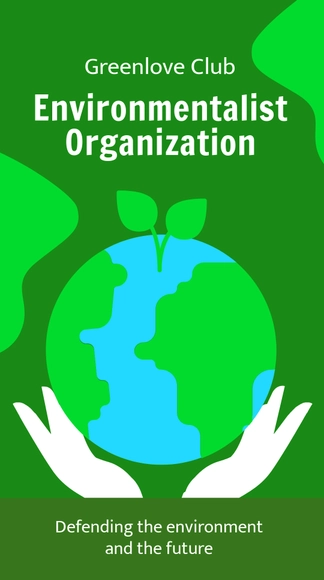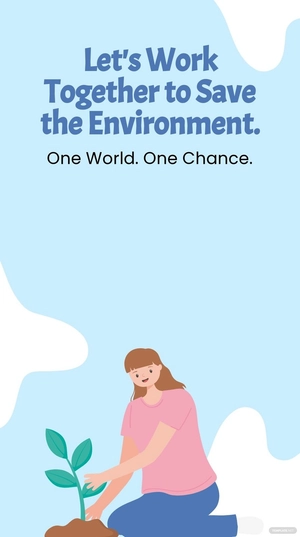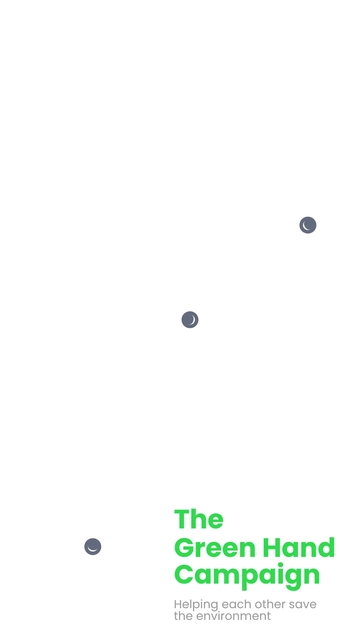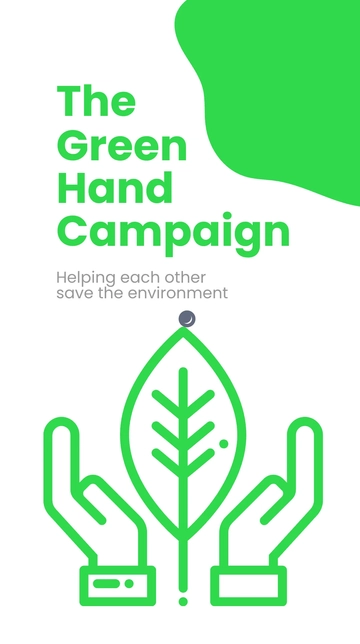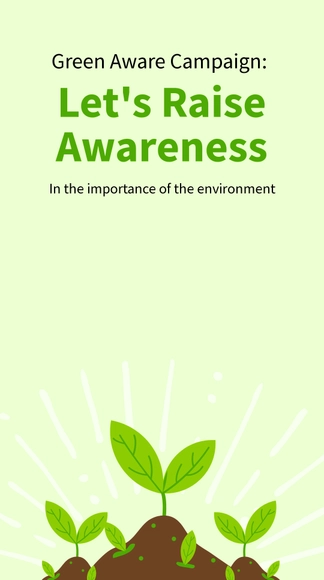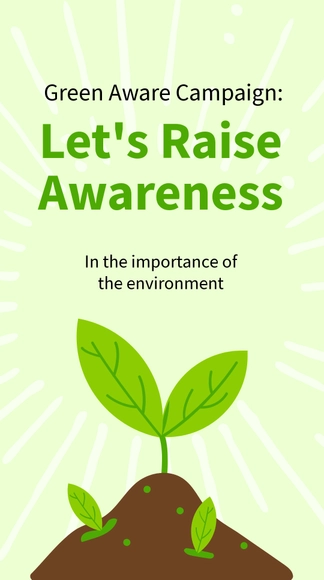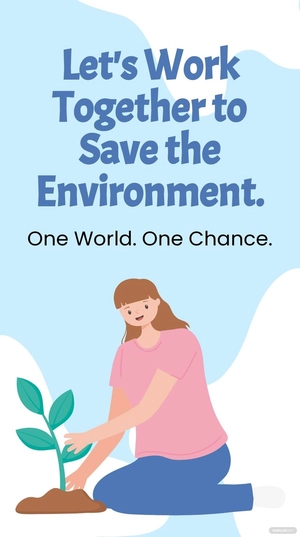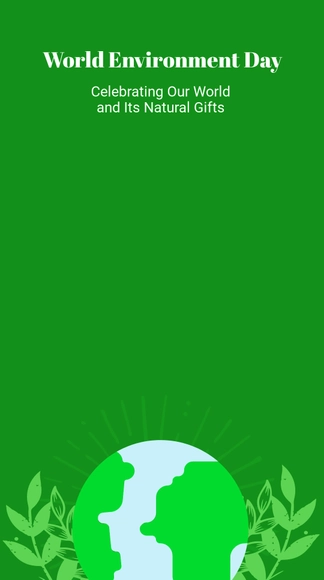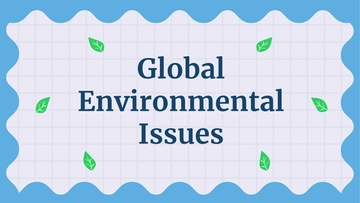Free Waste Management White Paper
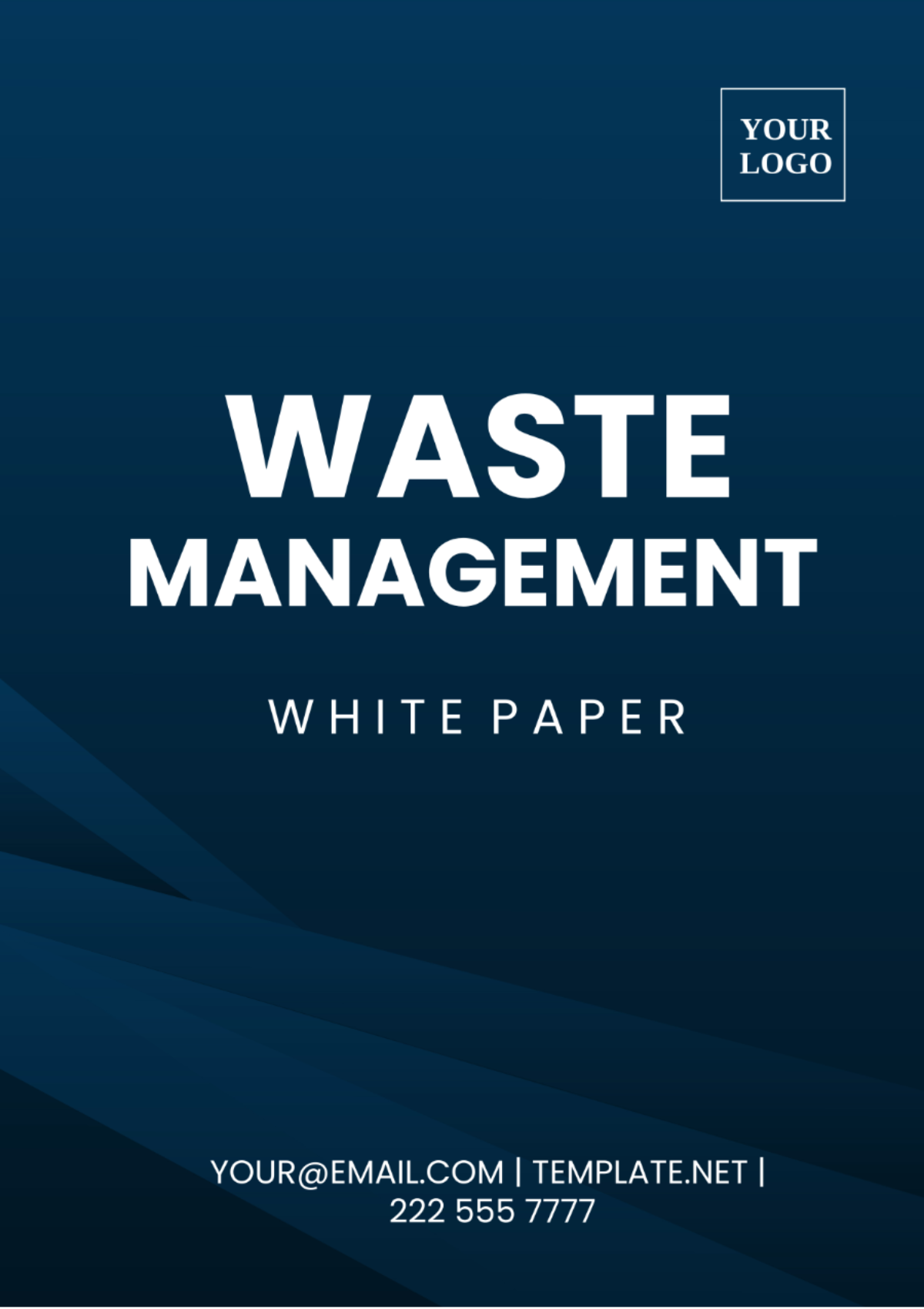
WHITE PAPER
_____________________________________________________________________________________
_____________________________________________________________________________________
Prepared By: [Your Name]

I. Executive Summary
This section offers a comprehensive overview of the white paper, providing insights into the multifaceted landscape of waste management. It highlights the urgent need to address waste management challenges in today's society, emphasizing the importance of adopting sustainable practices and innovative solutions. The executive summary outlines key findings, including the increasing volume of waste, technological advancements, policy implications, and future outlooks. It sets the stage for further exploration of waste management insights and innovations discussed throughout the document, guiding stakeholders toward informed decision-making and actionable strategies.
II. Introduction
A. Topic Introduction
Introduce the topic of waste management, contextualizing it within the broader framework of environmental sustainability and resource conservation. Emphasize the critical role that effective waste management plays in mitigating environmental degradation, reducing pollution, and promoting public health. This section underscores the pressing need to address waste management challenges and outlines the overarching goals and objectives of the white paper prepared by [Your Department]. It serves as a call to action for stakeholders to collaborate in developing holistic solutions to the complex issues surrounding waste management.
III. Background
A. Current Landscape
Provide a comprehensive overview of the current state of waste management, delving into historical data, trends, and the prevailing status quo maintained by [Your Company Name]. Explore key metrics such as waste generation rates, composition analysis, and disposal methods to offer a nuanced understanding of the waste management landscape. This section sets the foundation for subsequent discussions by establishing the context in which waste management challenges and innovations arise.
IV. Challenges and Issues

A. Major Challenges
Outline significant challenges and issues facing waste management efforts, elucidating the complex interplay of social, economic, and environmental factors. Address the increasing volume of waste generated globally, the inadequacies of existing waste disposal technologies, regulatory complexities, and the economic and logistical constraints hampering effective waste management. Utilize bullet points to succinctly capture the breadth and depth of these challenges, guiding readers toward a deeper understanding of the multifaceted nature of waste management issues.
V. Technological Innovations
A. Breakthrough Technologies
Detail cutting-edge technologies and innovative practices poised to revolutionize waste management practices. Highlight recent advancements in waste sorting, recycling, waste-to-energy conversion, and resource recovery, showcasing the transformative potential of technological innovation. Discuss [Your Company Name]'s role in driving these innovations forward through research, development, and collaboration with industry partners and academic institutions. This section underscores the importance of embracing technological solutions to address the evolving challenges of waste management effectively.
VI. Policy and Regulatory Framework
A. Policy Analysis
Analyze the policy landscape surrounding waste management, exploring the regulatory frameworks, legislative initiatives, and governmental interventions aimed at promoting sustainable waste practices. Examine key regulations governing waste disposal, recycling mandates, extended producer responsibility (EPR) schemes, and landfill regulations to provide a comprehensive understanding of the regulatory environment. Discuss the potential impacts of policy changes on operations at [Your Company Name], highlighting the importance of regulatory compliance and proactive engagement with policymakers to shape future policy directions.
VII. Community Engagement and Education
A. Engagement Strategies
Explain strategies for community engagement and public education initiatives devised by [Your Company Name] to foster greater awareness and participation in sustainable waste management practices. Discuss outreach programs, educational campaigns, and stakeholder engagement efforts aimed at empowering communities to reduce waste generation, increase recycling rates, and embrace circular economy principles. Illustrate how these initiatives contribute to building a culture of sustainability and collective responsibility for waste management within local communities.
VIII. Future Outlook
_____________________________________________________________________________________
Title: "Future Trends in Waste Management: Vision for Innovation and Sustainability"
_____________________________________________________________________________________
A. Emerging Trends
Speculate on future trends in waste management and discuss how [Your Company Name] plans to remain at the forefront of innovation and sustainability in the evolving waste management landscape. Explore emerging technologies, policy developments, and market trends shaping the future of waste management, including the integration of artificial intelligence (AI) and machine learning, advancements in biodegradable materials, and the transition towards a circular economy model. Use numbered lists to outline key trends and potential opportunities for innovation and growth.
Integration of AI and machine learning in waste sorting and management.
Development of advanced biodegradable materials for packaging and product design.
Implementation of extended producer responsibility (EPR) schemes to incentivize sustainable product lifecycle management.
Adoption of circular economy principles to minimize waste generation and maximize resource efficiency.
IX. Conclusion

Summarize the key findings and forward-looking statements presented throughout the white paper, reaffirming [Your Company Name]'s commitment to driving positive change in waste management practices. Reflect on the collective efforts needed to address the complex challenges of waste management effectively and emphasize the importance of collaboration, innovation, and sustainability in shaping a more resilient and resource-efficient future.
X. References
Chilvers, J., Burgess, J., & Murlis, J. (2003). Securing public confidence in radioactive waste management: Developing a vision for a process of public and stakeholder engagement. In Securing public confidence in radioactive waste management: Developing a vision for a process of public and stakeholder engagement (pp. 51–97). https://research-portal.uea.ac.uk/en/publications/securing-public-confidence-in-radioactive-waste-management-develo
Sewak, A., Deshpande, S., Rundle‐Thiele, S., Zhao, F., & Anibaldi, R. (2021). Community perspectives and engagement in sustainable solid waste management (SWM) in Fiji: A socioecological thematic analysis. Journal of Environmental Management, 298, 113455. https://doi.org/10.1016/j.jenvman.2021.113455
Sapkota, B., Gupta, G. K., & Mainali, D. (2014). Impact of intervention on healthcare waste management practices in a tertiary care governmental hospital of Nepal. BMC Public Health, 14(1). https://doi.org/10.1186/1471-2458-14-1005
Sharma, P., & Vaid, U. (2021). Emerging role of artificial intelligence in waste management practices. IOP Conference Series. Earth and Environmental Science, 889(1), 012047. https://doi.org/10.1088/1755-1315/889/1/012047
_____________________________________________________________________________________
- 100% Customizable, free editor
- Access 1 Million+ Templates, photo’s & graphics
- Download or share as a template
- Click and replace photos, graphics, text, backgrounds
- Resize, crop, AI write & more
- Access advanced editor
